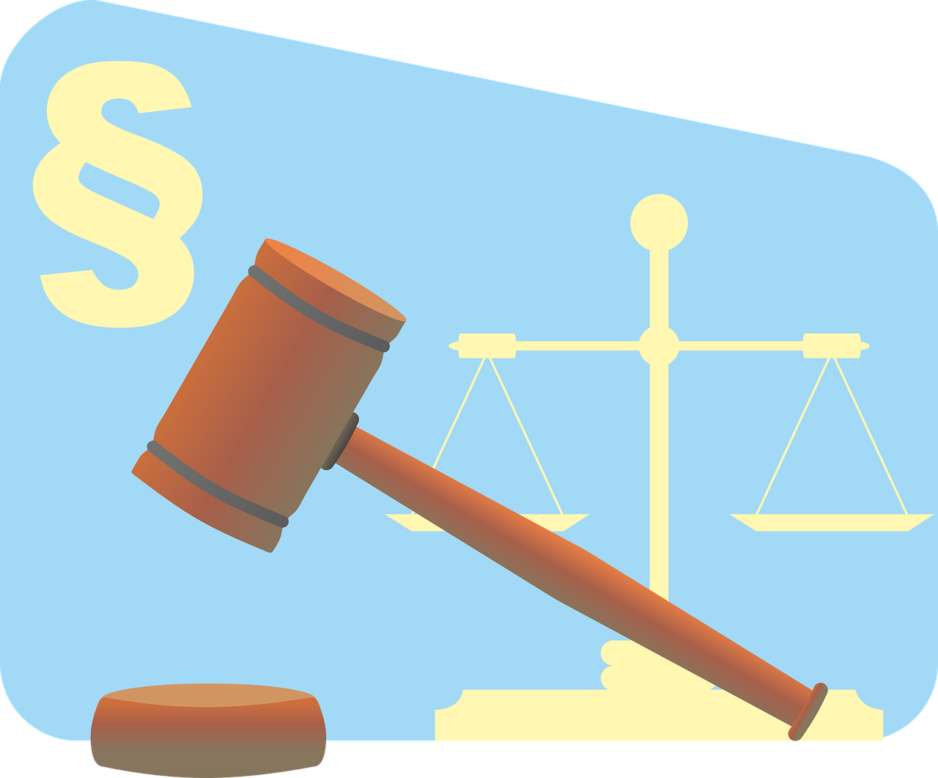Must HOA’s act to end discriminatory actions by others?
Must HOA’s act to end discriminatory actions by others?
A few years ago one of our HOA clients came to us with a discrimination lawsuit that had been filed against them by the local housing agency. Apparently a group of homeowners had started a Facebook page using the HOA’s name, without the HOA’s knowledge or authorization, and were posting disparaging and racially-charged comments about a particular family in the neighborhood. While the HOA board had nothing to do with this Facebook page, they nevertheless were named as a defendant in the lawsuit. Our arguments that the page was created without the HOA’s knowledge or authorization, and that the HOA had no authority to stop it, fell on deaf ears. The judicial official handling the case needed to find someone accountable, and the HOA was an easy target. Eventually the matter was settled, with the HOA board members being forced to receive training on housing discrimination despite the fact they had not engaged in any discriminatory conduct.
Just last week, the U.S. Department of Housing and Urban Development issued revised guidelines making it clear that HOAs can be held liable for discriminatory or harassing actions of others, but only if the HOA fails to take action where they have the legal right and authority to do so. In addition to discrimination, other types of claims that are now recognized by HUD are “quid pro quo” (demanding something from a resident in return for doing something that that one is already legally obligated to do – usually, sexual favors); and engaging in or allowing “hostile environment harassment” in the housing context.
Most HOA’s have enforcement powers to address violations of the provisions of their governing documents (covenants, restrictions, bylaws, rules and regulations). If the HOA has the authority to address discriminatory or harassing conduct but fails to take action, it may be held liable and required to pay damages to the plaintiff.
The exact language from the new HUD regulations is:
“(a) Direct liability. A person [which includes HOAs] is directly liable for:
(i) The person’s own conduct that results in a discriminatory housing practice.
(ii) Failing to take prompt action to correct and end a discriminatory housing practice by that person’s employee or agent, where the person knew or should have known of the discriminatory conduct.
(iii) Failing to take prompt action to correct and end a discriminatory housing practice by a third-party, where the person knew or should have known of the discriminatory conduct and had the power to correct it. The power to take prompt action to correct and end a discriminatory housing practice by a third-party depends upon the extent of the person’s control or any other legal responsibility the person may have with respect to the conduct of such third-party.”
This is sort of a good news-bad news proposition for HOAs. While HUD has now explicitly said that HOAs may be held liable (when previously the regulations were silent on the issue), HOAs cannot be held liable if they had no authority to address the offensive conduct of others.
What this means for HOA boards is that they now have an affirmative duty to intervene in actions taken residents or by their own officers, directors or managers, that constitute hostile environment harassment, quid pro quo or discrimination, if they know or should have known that it was occurring and have the power to deal with it. On the other hand, they cannot be held liable if they were powerless to stop it. Perhaps my client’s case would have been summarily dismissed if these new HUD guidelines had been in place at the time.
This column was originally published in the Charlotte Observer on September 24, 2016. © All rights reserved.
